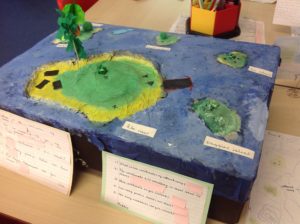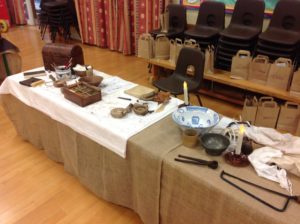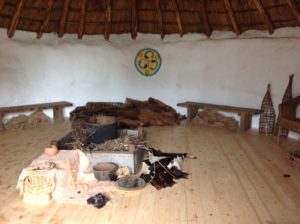Curriculum Implementation – how we teach and assess
Early Years (Nursery and Reception)
Our school fully supports the principle that young children learn through both child initiated play opportunities and by well-planned adult led activities. We aim to meet the needs of all our children through:
-
- planning opportunities that build upon and extend children’s knowledge, experience and interests, and develop their self-esteem and confidence
- using a wide range of teaching strategies based on children’s learning needs
- providing a wide range of opportunities to motivate and support children and to help them to learn effectively
- providing a safe and supportive learning environment (inside and outside) which enable our children to explore independently.
- using resources which reflect diversity and are free from discrimination and stereotyping
- planning challenging activities for children whose ability and understanding are in advance of their language and communication skills
- monitoring and assessing children regularly and to use this information to ensure future planning reflects identified needs. Assessment in the EYFS takes place through informal observations; staff are skilled at observing children to identify their achievements, interests and next steps for learning.
- (Please see The Early Years Policy for more details)
Key Stages 1 and 2 (Year 1 to Year 6):
Each year group has a long-term plan. This indicates what topics and which National Curriculum objectives are taught in each term. Our curriculum is taught through discrete subjects but there is often an over-riding topic title to help encourage ‘joined up/purposeful’ links to take place, when appropriate.
Children may be taught as a whole class, small groups or with one-to-one support dependent on the activity or need of the child. Teachers, often supported in class by skilled LSAs will use a variety of teaching strategies to engage and motivate the children.
We aim to make our curriculum as creative and interesting as possible through educational visits (day and residential), visitors, whole school events which include Science Week, Geography Week and Arts Day etc and the use of the school grounds, the locality and the wider environment.
We assess using a range of assessment techniques both during lessons and at end of modules of work to help track the children’s progress and support future teaching and learning.
The IMPACT of our Curriculum –outcomes that pupils achieve
We measure the impact of our curriculum through formal Assessment processes outlined in the following policies:
- Assessment, recording and reporting Policy (which includes monitoring schedule)
- Non-negotiable Policy
- Feedback and Marking Policy
We also review the impact through;
- regular data analysis
- our annual pupil, staff and parent questionnaire
- discussions in our house meetings and Faith Factory
- staff, SLT, LSA meetings and discussions
- Governor informal discussions with staff and children
- SIMCE Governor committee meetings
- HT termly report to Governing Body
- Subject and phase leaders monitoring – through observations, learning walks, regular work scrutinies, work sampling, collection of pupil voice.
- termly meetings with our HIP (Hertfordshire Improvement Partner)
- following County and National advice – which is shared with staff
- discussions with parents (termly meetings, meet the teacher meetings, open evenings)



